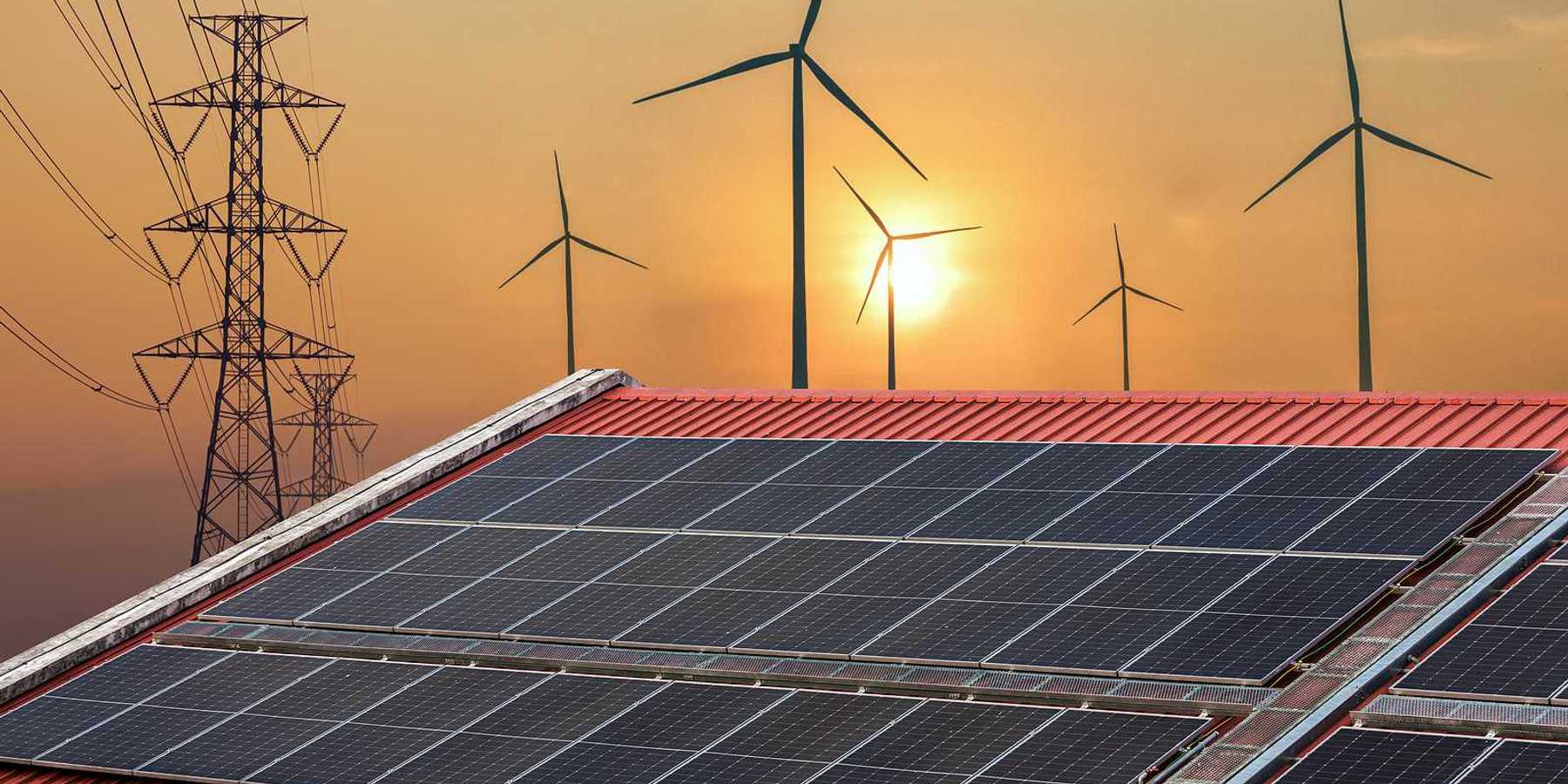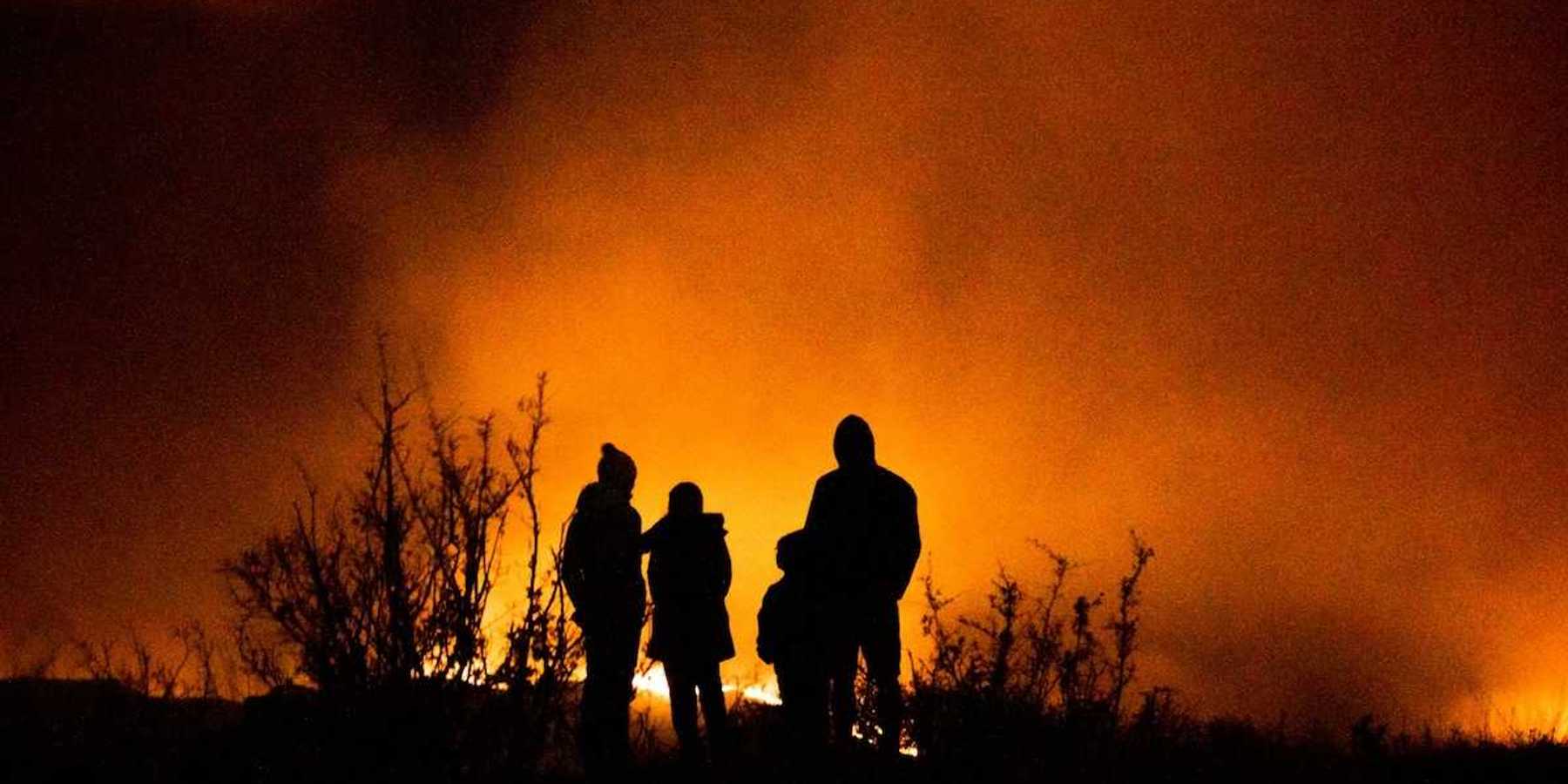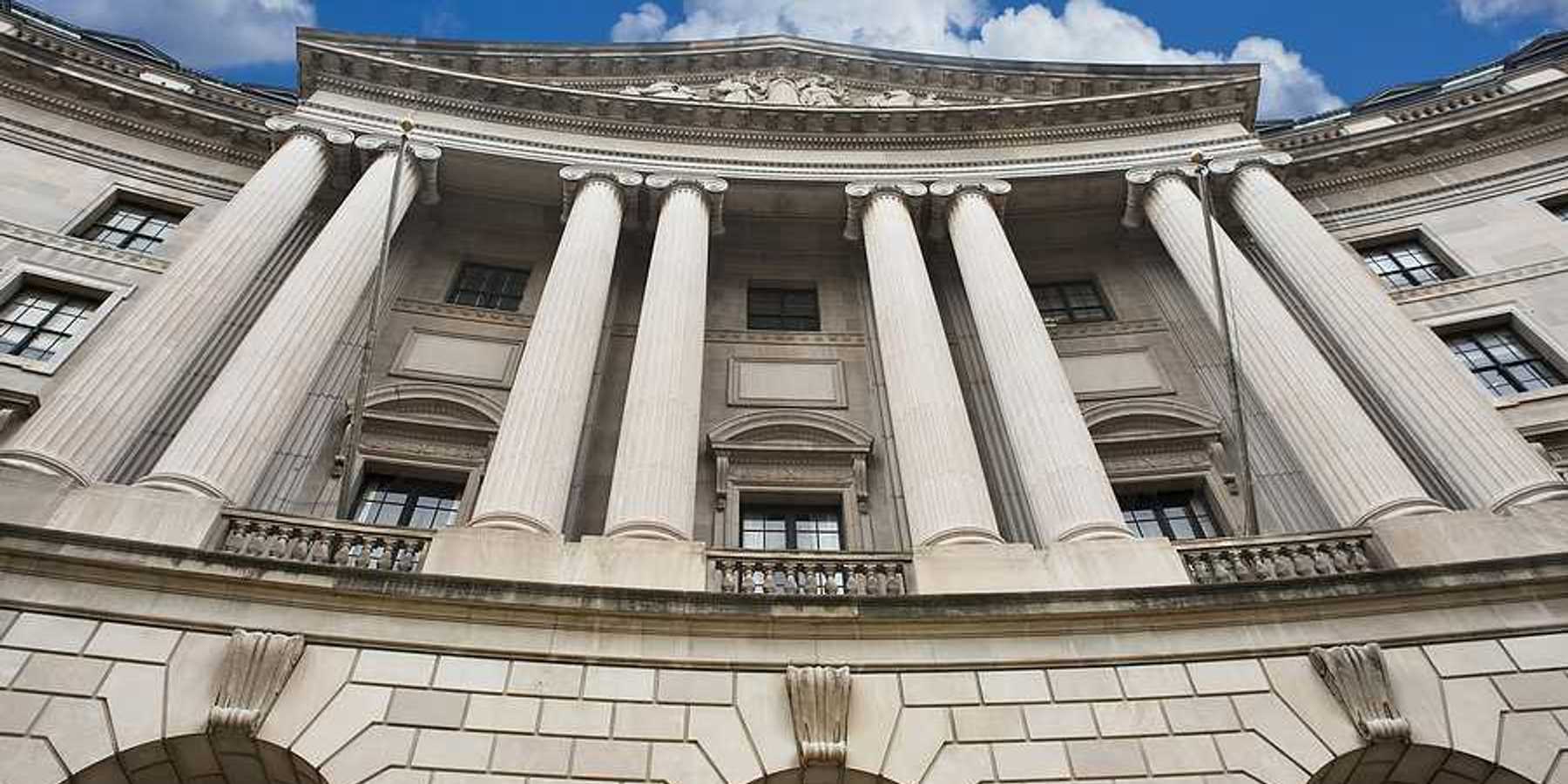02 August 2024
Glacier melt accelerates as wildfires deposit soot and ash in Alberta
Wildfire soot and ash are accelerating the melting of Alberta's Athabasca Glacier by darkening its surface, leading it to absorb more heat, according to scientists.
Inayat Singh reports for the CBC.
In short:
- Wildfires near Jasper National Park have released soot and ash onto the Athabasca Glacier, darkening it and causing it to absorb more solar radiation, which speeds up its melting.
- The glacier, which lost a record nine meters last year, is melting faster than normal, threatening the water supply for the Athabasca River and impacting hydroelectric power generation.
- Research shows that soot, ash and algae blooms are major factors in glacier darkening, exacerbating the effects of climate change and increasing glacier melt rates.
Key quote:
"It puts these glaciers in a very perilous position yet again."
— John Pomeroy, hydrologist at the University of Saskatchewan
Why this matters:
The accelerated melting of glaciers not only threatens the regional water supply but also disrupts ecosystems and power generation dependent on glacier-fed rivers. As wildfires increase due to climate change, these issues are expected to worsen, highlighting the urgent need for climate action and adaptation strategies.













